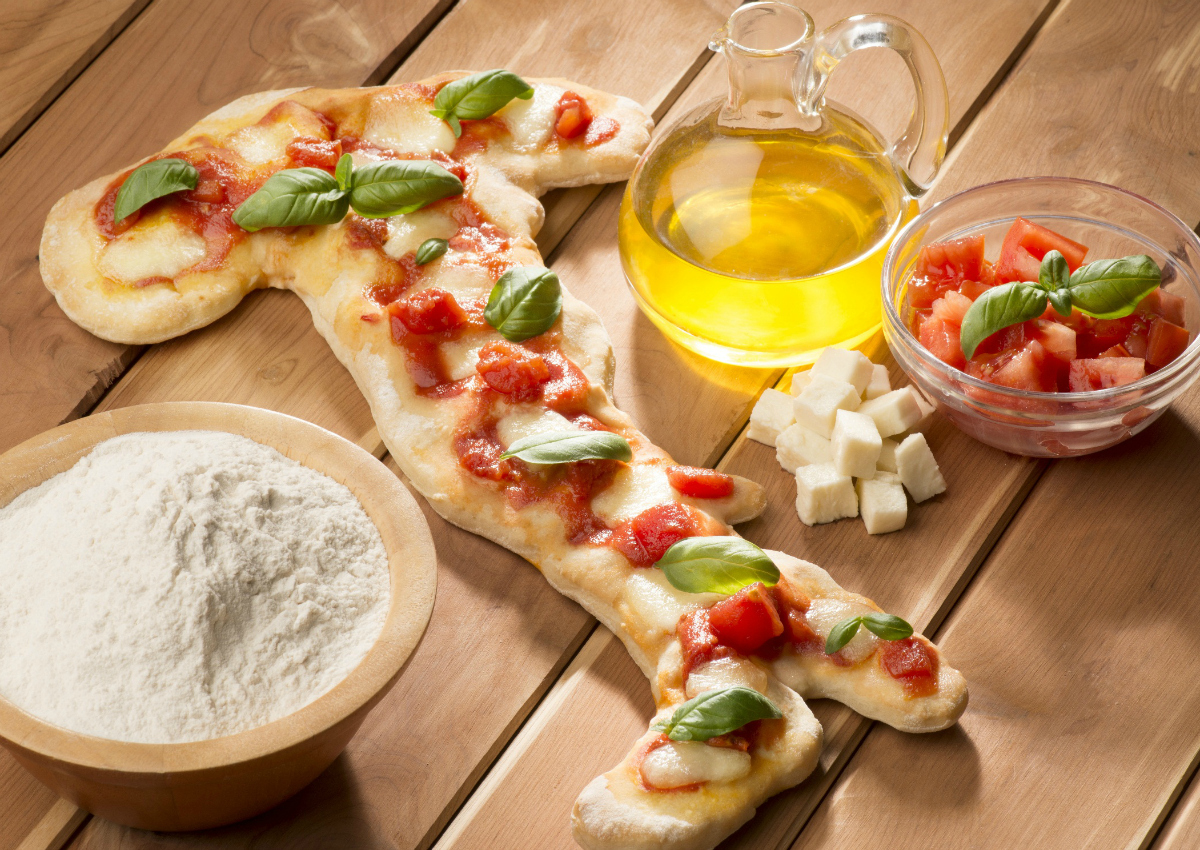
It isn’t rare in the business world to turn a threat into an opportunity. Sometimes, when taking on difficult market situations, innovative strategies are discovered that can give new life to business. This is exactly what seems to have happened to American brick and mortars, according to a recent study published by Bloomberg. Although the media, during the last couple of years, have frequently reported on the crisis that the big stores were going through due to the competition from online channels, according to Bloomberg, brick and mortars have actually been able to react very well to this type of competition. So much so in fact, that during 2017’s first trimester, brick and mortars in the United States grew 4.1% compared to the same period of time the year before. Distribution growth isn’t the only positive sign. So far this year a total of 2,861 store openings have been announced; from Dollar General to Dollar Tree, Autozone, Ulta, Kroger, TjMaxx, etc. Not to mention the fact that online retailers, such as Warby Parker, Bonobos, and Amazon, have also begun opening stores. The reason for such “health”? Retailers have understood that what really counts today for consumers is the buying experience, and they have invested in qualified personnel and premium offerings. As far as the food sector is concerned, this means giving space to products that have a story to tell, that are capable of pairing taste with a guarantee and that not only satisfy the need for taste but also the desire to dream. It’s no accident therefore, that the specialty food market, which includes local excellences that offer strong sensorial experiences, have registered double-digit turnover growth year after year. According to an estimate by Specialty Food Association, retail channels have grown 15.4% and foodservice has grown 13.7% from 2014 to 2016. From this came the importance of putting Italian food onto store shelves, as its storytelling and taste are second to none. The conclusion is, therefore, that limiting the offerings, by introducing the taxes threatened by President Trump, could be counterproductive for the retailers themselves, even before they become damaging to the Italian producers. American consumers have repeatedly demonstrated their love for Italian made products and not only for the taste of these products, but also for the universal values and experiences that they express. Not giving them what they want would be a resounding own goal for everyone.
Maria Cristina Alfieri
